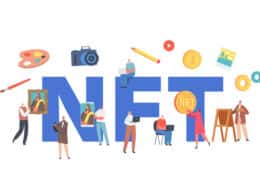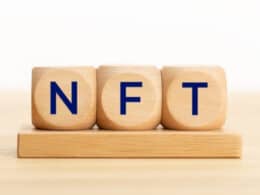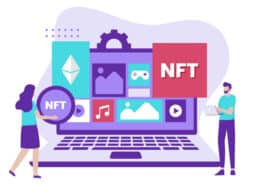Real estate is the latest real-world asset being tokenized as part of the non-fungible token revolution. Blockchain technology is being used for everything right from building projects to lending. The push is being fuelled by the need to speed real estate transactions, which can sometimes be complicated due to the high numbers of verification documents involved. Additionally, tokenization is also helping enhance ownership of real estate properties and projects.
NFTs in real estate act more of digital titles that affirm ownership of real or virtual assets, which are in return stored in an immutable blockchain ledger. Tokenization of properties averts the risk of fraud while also making it easy for people to prove ownership.

The use of NFTs in real estate addresses the lengthy title search process, which is often the source of fraud. Consequently, transacting real estate on blockchain makes it easy to check titles and ensure the full ownership chain. In return, it can eliminate lots of surprises.
Basically, NFTs serve two roles in real estate. First, they show fractional ownership (FO). What this means is that they are used to indicate the number of shares that each holder owns in a given project. Fractional ownership is mostly used in large projects with many owners or investors.
Entire asset (EA) tokenization applies where the actual property deed is converted into a non-fungible token. It is commonly leveraged in properties or real estate projects that have a single owner who decides to tokenize their ownership for various reasons.
Digital vs. physical real estate
Currently, it isn’t easy to convert physical homes into non-fungible tokens. Instead, blockchain innovation is finding great use in tokenizing digital real estate. The fact that digital real estate exists in the virtual world makes it easy to tokenize them.
For instance, in the metaverse world, people interact with one another, resulting in different properties in the real world. Some of the platforms that make it easy for people to develop digital real estate include Minecraft, Decentraland, and Axie Infinity.
The virtual real estate created in these platforms acts as a designated parcel with ownership within the platform. There is usually a limit on the number of parcels available. The scarcity makes such tokens extremely valuable, as so the case with land in the real world.
How NFTs work in real estate
Real estate NFTs can be purchased using any cryptocurrency. Buying and selling make it easy to accrue some value due to the speculation that comes into play. The buying and selling are common with fractional ownership tokens, which behave more like any other security traded in the capital markets.
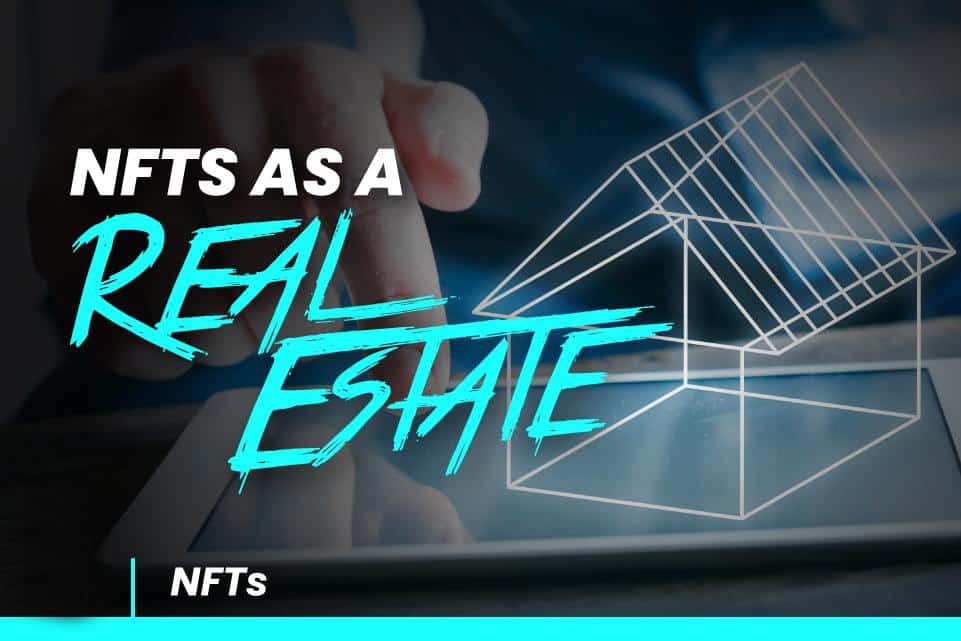
Fractional ownership tokens act like the stock as they are used to represent a share of a real estate project. Profits accrued from such projects are shared based on the number of fractional ownership tokens one holds.
Anyone who owns fractional tokens can sell them at any time to generate some value from them. While some crowdfunding platforms require people to hold such tokens for a certain period, others allow people to offload them whenever they feel like it.
Currently, NFTs are yet to find usage in mortgage products. However, some platforms are increasingly looking into this frontier. Loan Snap is one platform that has started offering NFT mortgages. While it operates the same way as other loan processes, the mortgage notes are issued as NFTs.
How to invest in real estate NFTs
Non-fungible tokens representing real estate can be bought and sold in a purpose-built marketplace. While the process of buying and selling is similar to stocks, there is a key difference. While one share of a stock is similar to the other one, that is not always the case when dealing with real estate NFTs.
NFTs which are used to represent properties are non-fungible. What this means is that one fractional ownership token is unique on its own and might not be similar to another token. Consequently, when buying such tokens, one would simply be buying a unique aspect of a property on sale.
In addition, to bid on these digital assets representing real estate, one would first need to open and fund their crypto wallet. It’s the cryptocurrency deposited in the wallet that will be used to fund the purchase of the NFT of a property in question.
Currently, there are a number of platforms led by OpenSea, Rarible, and SuperRare that allow people to buy and sell various NFTs representing different real-world objects, including real estate. To sell an NFT of a real state, you will need to upload it in a marketplace of choice as long as the marketplace supports the blockchain, the NFT is built on.
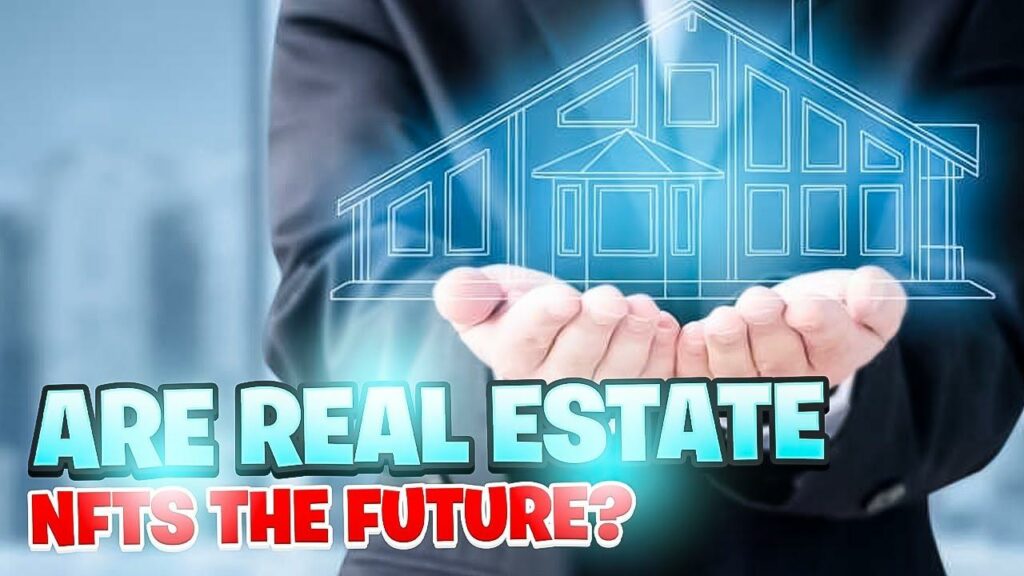
While listing real estate NFTs for sale, you can always set the price or resort to auction-style sales to allow buyers to place bids. Once the NFT is uploaded, the marketplace will verify the asset ownership. Once everything checks out, it will be listed with the platform handling the transfer. Once funds are received from the sale, they can be transferred to the crypto wallet of choice, less the fees incurred to facilitate the sale.
The future
The use of NFTs in the traditional real estate sector is still in the early stages. Currently, blockchain technology innovations are being used to show ownership of shares in real estate investments. They are yet to find use in transferring the whole property.
The difficulty in transferring whole units as NFTs has been fuelled by the rigid real estate laws in play. The laws have made it difficult to own whole real estate in non-fungible tokens. However, the increased adoption and blockchain use could result in significant changes in the near future.
NFT usage in real estate is likely to become popular in the future as people eye secure records of ownership on real estate investments. In addition, they could enable the buying and selling of real estate in a virtual world, a development that could provide unique investment opportunities.





